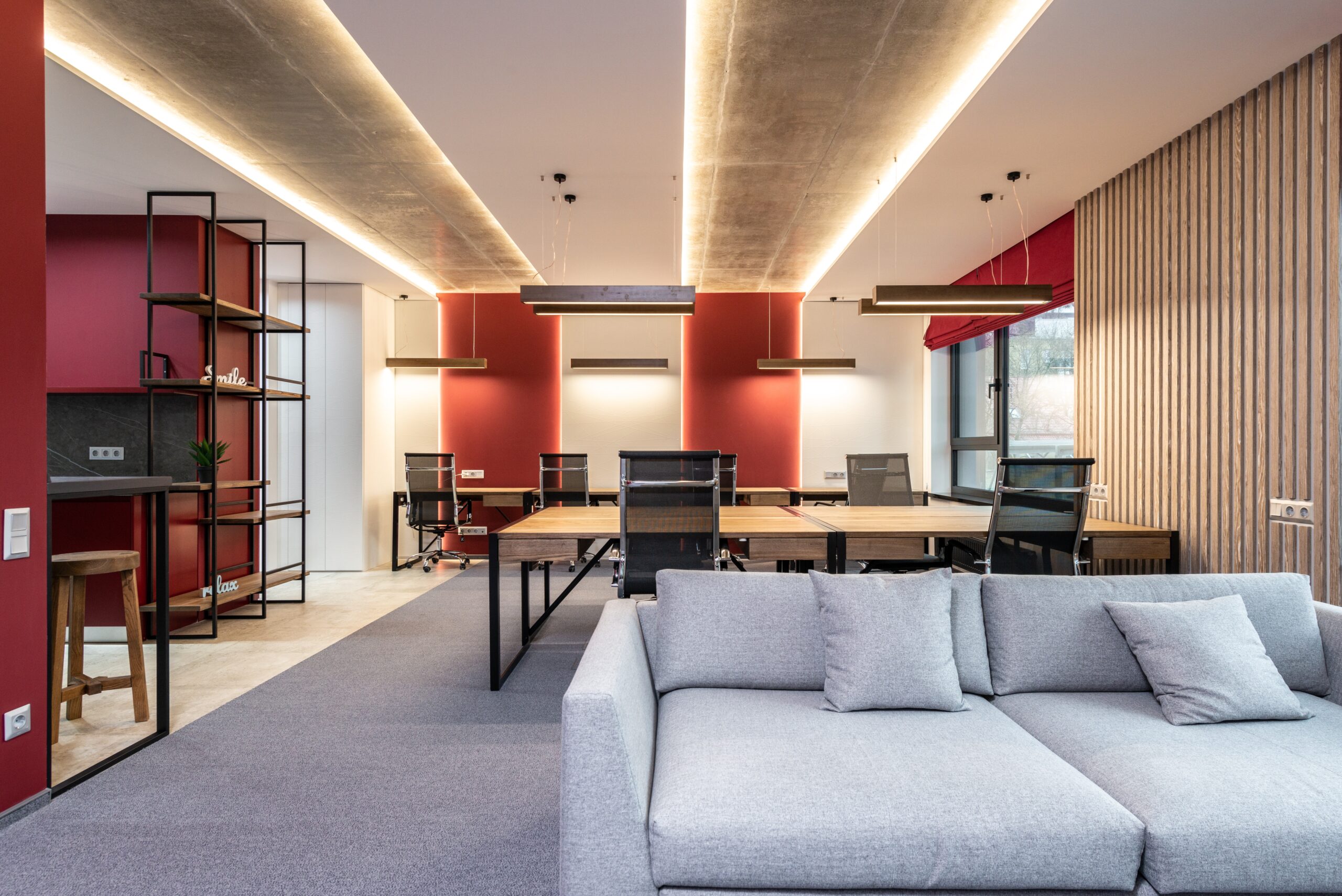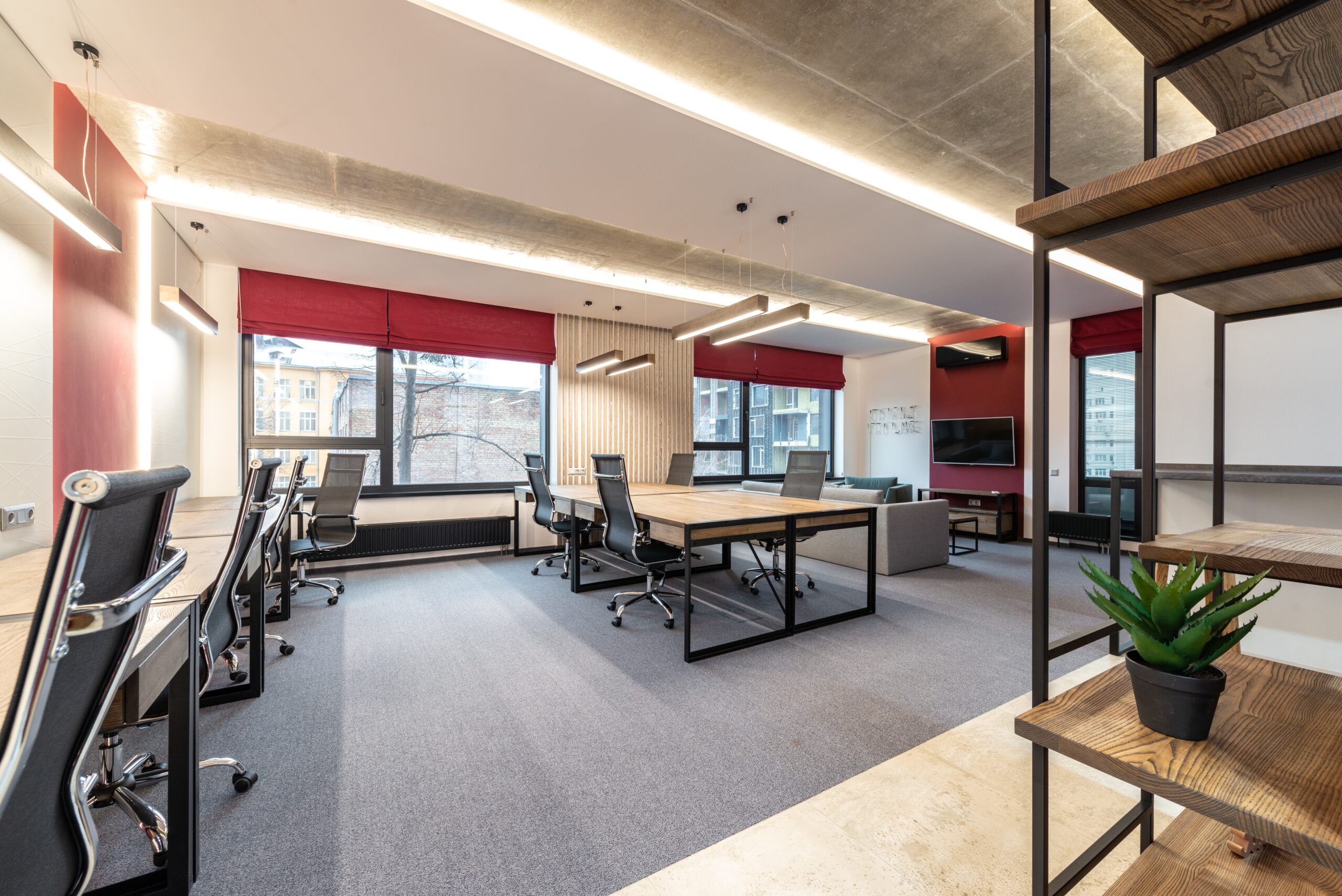Much of the workforce now has the ability to work part-time or full-time from home. Remote work, in turn, has freed up a large portion of commercial office space in certain areas.
At the same time, many metros across the country, including Denver and the surrounding suburbs, are facing housing shortages. So, how do we fix the problem? Transforming unused office space into apartments may be the answer.
Office Space to Apartments
Converting office space to apartments is rapidly gaining popularity across the United States. If you are a commercial real estate owner, there are a few things to consider before making the decision.
Zoning
Changing a building’s use depends on how the property is zoned. When a property is built as commercial space, changing the zoning to allow for residential use can be a complex and lengthy process. Be sure to check city, county, and state regulations to determine whether it’s possible to change how your building functions.
Budget
Converting office space to apartments is not for the faint of heart. The infrastructure of the building will need to be entirely reworked to account for new plumbing, electrical, HVAC, etc. If you are interested in diving into this development project, be sure you have the budget to support its completion.
Investment Strategy
Considering your investment strategy is a crucial aspect in making this decision. Would you prefer to manage residential space or office space? Both involve a different set of skills, tasks, and potential problems. Additionally, offices and multifamily residential each bring differing returns on investment, so it’s crucial to pick the one that supports your long-term goals.
The Good News
The good news? In real estate, you always have options. Converting the use of your commercial assets can be an extremely successful strategy when done wisely. Talking with your trusted commercial real estate advisor is the best first step.
Please contact Steve Longenecker at WeBrokerCORealEstate or 720-600-9513 regarding any commercial real estate needs in Longmont, CO, and our neighboring communities.
We give out $250 gift cards for referrals that become our real estate clients.
Like, Share & Follow us on LinkedIn and Facebook.
#longmontcommercialrealestate #commercialrealestatebroker #northerncoloradocommercialrealestate






